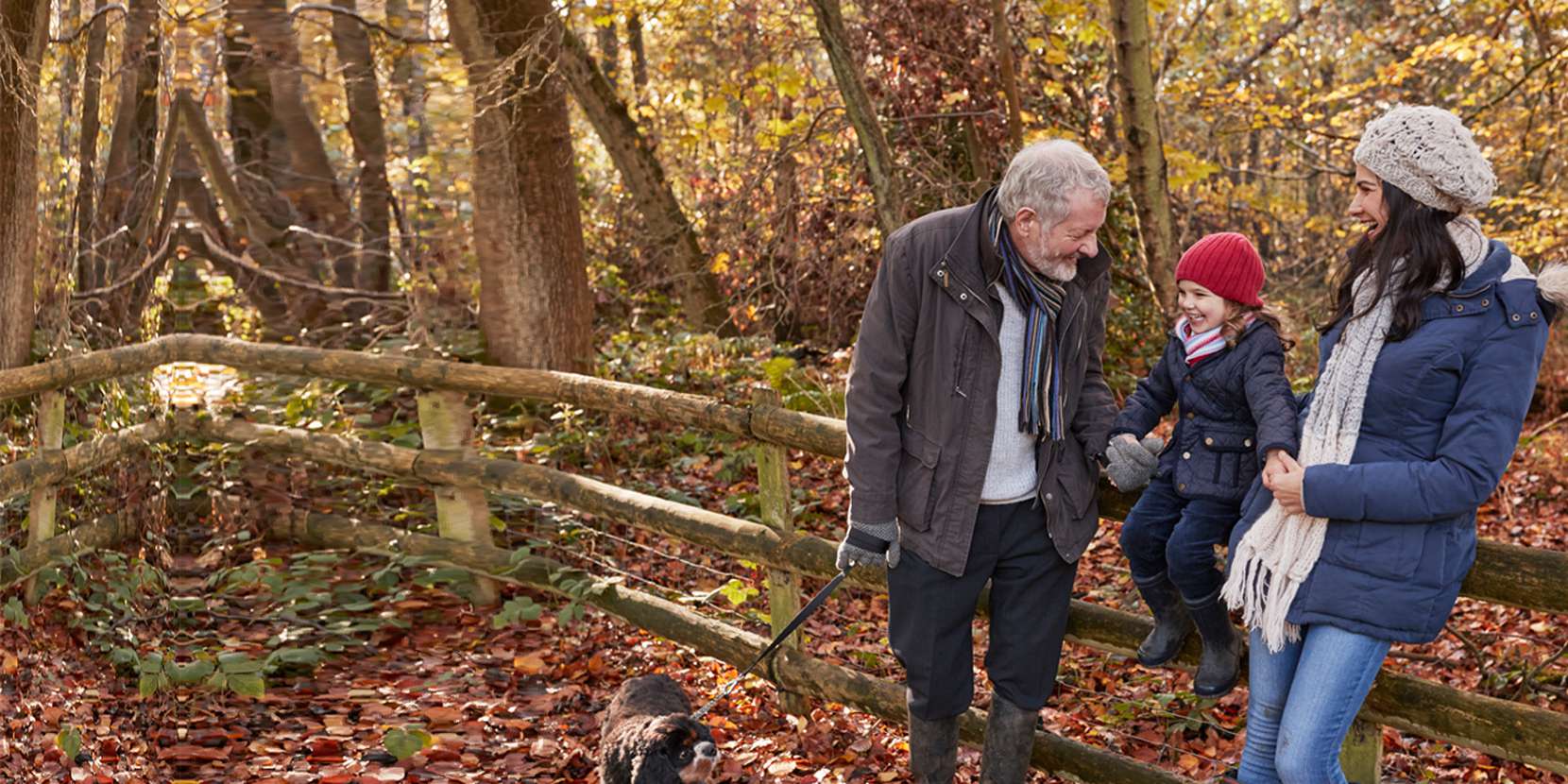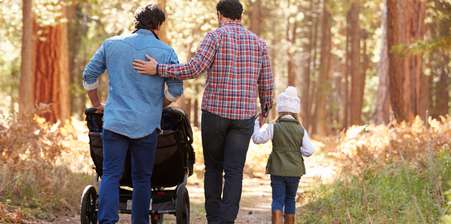Services in: Family Law
Our team of expert family law solicitors are available to support you when you need advice for your family.
In 2024, the Legal 500 said, "Tees Law offers a first-class service. The firm has a breadth of knowledge and experience in family and offers a very comprehensive service to its clients. The team is excellent at all levels. They are efficient and work collaboratively. They provide excellent client care, a one-stop shop for all their clients."
Tees Family Team specialises in compassionate and expert family law services tailored to your unique needs. Navigating family-related legal matters can be challenging. Our team of experienced solicitors is dedicated to offering clear, professional advice and robust representation, ensuring your rights and best interests are protected at every step. At Tees, open communication and personalised solutions are prioritised to achieve the best possible outcomes for you and your family—Trust Tees to guide you through these difficult times with care and expertise.
Call our specialist solicitors on 0808 231 1320
Our experienced family law team can provide support in family matters, including:
- Legal services for unmarried couples (cohabiting couples) - it’s important to know you don’t have the same legal rights as married couples
- Adoption law advice – all types of adoption, including stepparents, foster parents and international adoption
- Post-nuptial agreements – to set out how assets will be split in the event of a divorce if you’re already married
- Pre-nuptial agreements – describe, before you marry, how you will split your assets if you get divorced
- Fertility law – guidance on complex issues such as consent, freezing eggs and sperm and pre-conception agreements
- Surrogacy law – a controversial and complex area, we can help resolve surrogacy disputes.

Our role is to reassure and guide you
Talk to an expert
-

Caitriona Rafferty
Solicitor, Families and Divorce
Chelmsford office
Meet Caitriona -

Caroline Andrews
Senior Associate, Families and Divorce
Brentwood office
Meet Caroline -

Katie Stewart
Associate, Families and Divorce
Bishop's Stortford office
Meet Katie -

Helen Midgley
Partner, Families and Divorce
Bishop's Stortford office
Meet Helen
Case Study
Legal 500 UK 2022
'Tees were extremely good to work with as a company as a whole. For somebody like myself who has little to no knowledge on the legal system regarding family matters they were very fast to have me relaxed with completely thorough information. Everything was done with transparency so I always knew exactly what was happening at what time and the next stages, as it were. An extremely good company to be associated with and I would recommend them'
Legal 500 UK 2024
'Katie Stewart has been incredibly sensitive and supportive during my court proceedings. Nothing is ever too much and I honestly believe that without her, I would not be where I am today. She approaches my situation with integrity and care. Katie is the epitome of professionalism and is an absolute credit to the firm'
Legal 500 UK 2024
'I have worked most closely with Clare Pilsworth, Senior Partner. I have developed a really good, open and honest relationship with Clare, and find her to be so kind, as well as able to give me advice and guidance in a professional and understanding manner. I feel so lucky to have Clare on my side, and totally believe she ‘has my back’. I trust her implicitly and would highly recommend her to anyone facing a difficult family matter'
Legal 500 UK 2023
'There is a great depth in the team as they work across all offices with great technology, so there is always someone available if required. The team offers a number of specialisms within family law and interact well across the firm'
Legal 500 UK 2023
'Clare Pilsworth has a sensitive approach to all her cases and is committed to providing a well rounded service in what is often a very emotive area of law'
Legal 500 UK 2021
‘The practice is large enough to have a good breadth of experience; although I am using the family department, they have been able to liaise with other members of staff in other specialist departments and therefore make the process simpler by keeping everything in-house.’
Legal 500 UK 2021
‘Solid, sensible, high quality work, committed to each case.’
Legal 500 UK 2021
‘Clare Pilsworth is a polished operator. She shows steely determination and does not take bad points.‘
Legal 500 UK 2021
‘I have experience of the Chelmsford, Brentwood and Bishop’s Stortford offices, and all the staff across the board are extremely efficient and provide an excellent service to their clients. As a well resourced firm they are always able to provide expert advice quickly and efficiently.'
Ms. D. C.
Leigh-on-Sea
Caroline Andrews has helped with my divorce and with two separate child arrangement orders. Her advice is easy to understand and she has been a tremendous support to our family during some very tough times. Thank you once again for all that you have done over the years, for me and my kids.
Mrs B.
Colchester
I was impressed by your prompt responses, your clarity and the way you all kept me on track. I couldn’t have asked for more from the team and I honestly believe I wouldn’t be in such a good place now if it hadn’t have been for you all as a team. A very big thank you.



